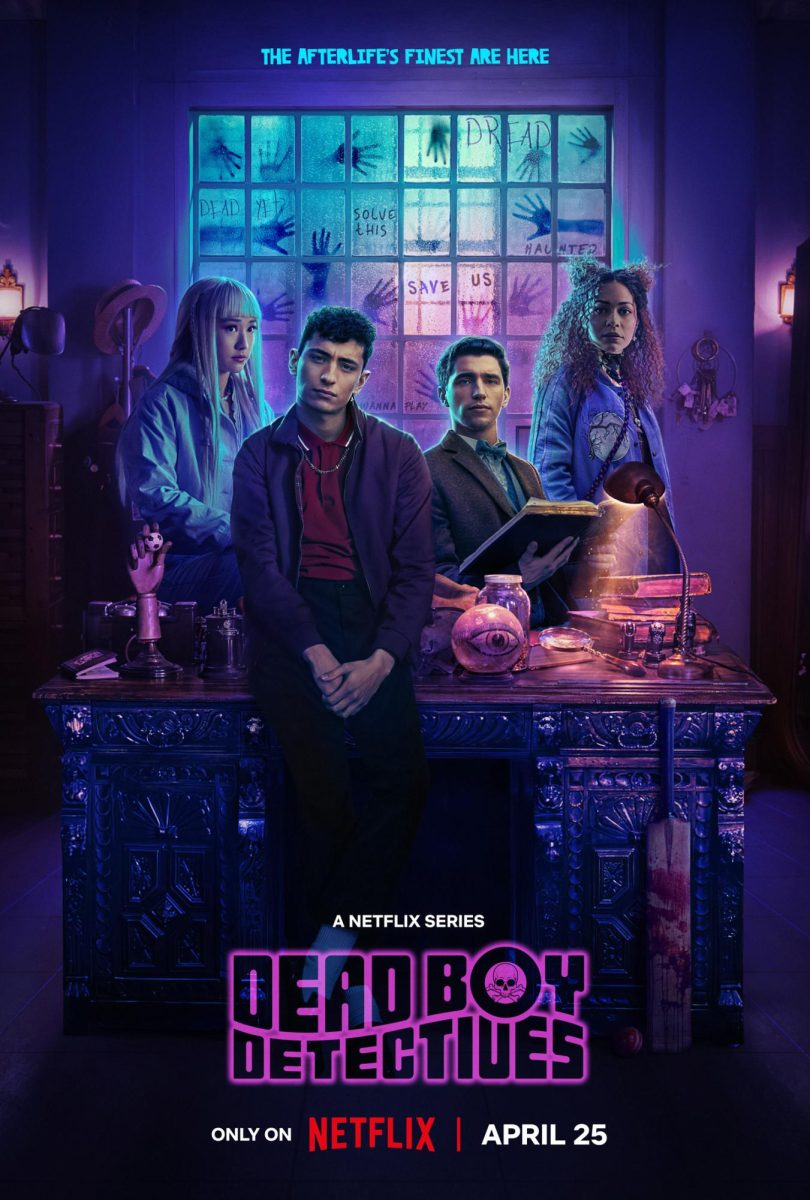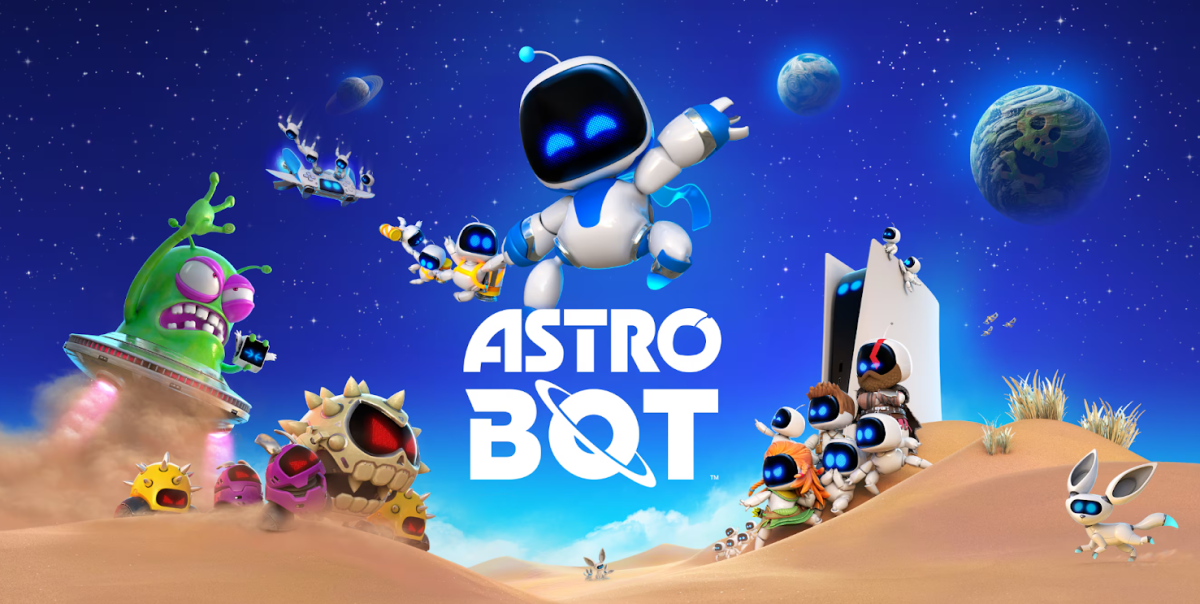The main character Areus is a bland, cookie-cutter stereotype of the lone wolf adventurer. A half-elf bitter about his treatment as a substandard citizen, he goes off adventuring as a wandering mercenary when he’s not brooding about his tragic past. He finds two companions on his travels; the obligatory tank, a muscle-bound cretin named Dagda, and a ‘Darkenith’ woman called Selene – the token scantily clad rogue who is about as appealing and vivacious as a mannequin. Interactions between the titular Trinity are stiff and uninteresting to watch, as though they’re simply reciting lines off a teleprompter at each other. The dialogue itself is cringeworthy – one could try to blame the subtleties of conversation being lost in translation from the original Japanese, but with the level of cornball dramatics in the cutscenes that’s a bit of a stretch.
NPC conversation and interaction is limited to text dialogue boxes that bounce between static pictures. For fans of Playstation 2-era RPGs such as the Final Fantasy franchise, this type of interaction is familiar, though antiquated. Fights are repetitious exercises in flashy animations with little reward. Enemies spawn frequently, obliging the player to hack-and-slash through them with little finesse, earning sparse item drops for the trouble. On occasion, the three characters can band together in combat to finish off tough enemies with a Trinity Attack, using the personal strengths of each to combine into a singular force. The attack is not particularly interesting to watch, but it at least gets the job done. In a show of mercy from Tecmo Koei the combat is not the dull slog of turn-based but instead real-time. There is no strategy to employ, only button mashing and a hope that the battle is over quickly.
Within all this mess is a basic medieval-set fantasy story: an evil king has killed his own offspring to avert a prophecy that foretold his demise, and all the land is suffering under his tyrannical rule. Areus, conveniently, is the son of that murdered offspring, and has spent his life anticipating bloody revenge against the king for that terrible injustice. The term ‘self-fulfilling prophecy’ is an irony that mostly goes unnoticed here.
It is best to think of Trinity: Souls of Zill O’ll as a set of training wheels. There are bigger, better RPGs in the world, but if you’re just starting out, it’s best to start small. Trinity is not a thinking man’s game, nor is it an engaging one. For newcomers to the realm of the RPG it could be fun – a gaming experience in a visually lush fantasy world, saving the day from a ruthless tyrant with a tough, alienated protagonist who just wants to right an old wrong. For everyone else, Trinity: Souls of Zill O’ll is not worth a second glance.
Trinity: Souls of Zill O’ll is rated T for alcohol reference, mild language, mild suggestive themes, simulated gambling, and violence. It was released February 8th exclusively for Playstation 3 for $59.99.

Categories:
Souls of Zill O’ll brings medieval mediocrity
February 16, 2011
By Kristen Levine
Trinity: Souls of Zill O’ll is the video game equivalent of discount adventure novels in the supermarket checkout lane. Tecmo Koei’s prequel to the Playstation 2 title Zill O’ll Infinite is a clunky, uninteresting stab at an RPG that has the unexpected strength of being visually appealing – but pretty graphics are no substitute for substance.
0





